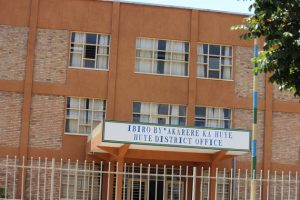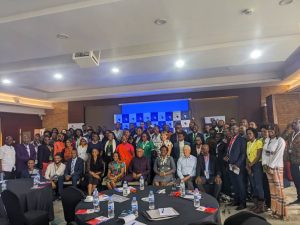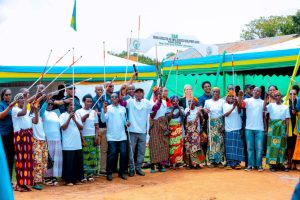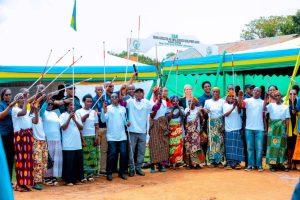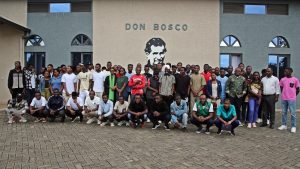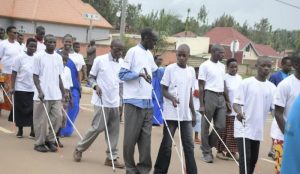Rulindo Parents Warn of Rising Child Dropouts Linked to Artisanal Mining

Authorities and residents in Rulindo District have expressed growing concern over an alarming trend: children abandoning formal education to work in artisanal mining operations. This phenomenon not only jeopardizes the future of the youth involved but also threatens Rwanda’s broader efforts to build a knowledge-based economy.
Parents in Cyinzuzi Sector told local media that the lure of daily earnings from small-scale mining often convinces children to skip school. While the immediate financial benefits may seem attractive, parents warn that these gains are short-lived and insufficient for long-term personal and professional development. “The problem is that very young children are drawn to mining instead of attending school,” one concerned parent said. “By the age of five, some already begin handling rudimentary tools, and when they earn as little as 2,000 Rwf per day, going back to school is no longer a priority for them.”
Rwanda has made significant strides in education, offering free primary and lower secondary education and striving to equip students with skills for a modern, knowledge-driven economy. Despite these advances, dropout rates remain troubling, especially among vulnerable children in rural areas. According to the Ministry of Education’s 2023/24 report, Rwanda’s school enrollment exceeded 4.8 million students, yet the statistics reveal persistent gaps:
Primary school: 29.7% repeat grades; 5.2% drop out.
Lower secondary: 21.4% repeat; 4.1% drop out.
Upper secondary: 6.3% repeat; 4.8% drop out.
Overall dropout rate: 4.7%.
The Executive Secretary of Cyinzuzi Sector, Thadee Habumuremyi, emphasized that local authorities are actively collaborating with parents and schools to encourage children to stay in school. “We are working hand in hand with schools and families to motivate children to complete their education,” Habumuremyi said. “Education is the foundation for a better future, and we cannot allow children to be trapped in low-skill labor.”
Data from the sector indicates that boys are disproportionately affected, often leaving school to work in mining or agricultural sectors such as tea harvesting. Experts highlight that early involvement in such labor can have long-term consequences, including reduced earning potential, poor health outcomes, and limited social mobility.
Community leaders are calling for a multi-faceted approach: strengthening enforcement of compulsory education laws, increasing awareness among parents and guardians about the value of schooling, and providing alternative income opportunities to families who may depend on children’s earnings.
As Rwanda continues its mission to transition to a knowledge-based economy, tackling child labor in mining and agriculture remains a critical challenge one that requires coordinated action from government agencies, local leaders, parents, and civil society. Without sustained intervention, many children risk losing not only their education but also the opportunity to escape cycles of poverty and marginalization.

SUBSCRIBE TO OUR NEWSLETTER

